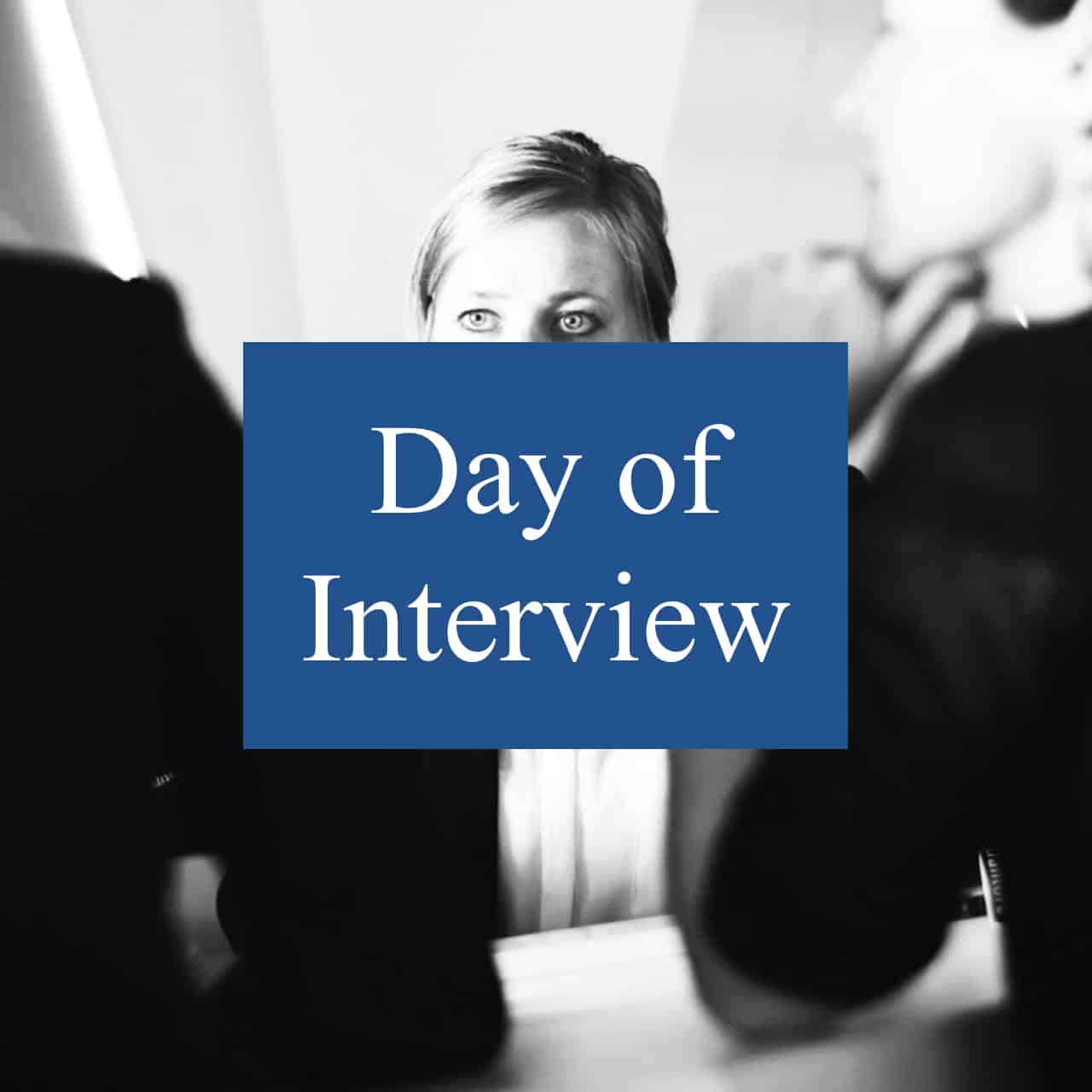Fit Questions
Fit questions are often overlooked when preparing for interviews. Many people feel that they are easy, and often fail to adequately prepare and structure their responses in a concise and powerful manner. Fit questions are the most important questions, and great answers can set you apart from every other candidate. With a little practice, you can nail down the fit questions and not have to worry about being asked them, and even turn the into a strength if you deliver them well.
Further Questions?
The answers to many of the questions can be found in the links below and online. There are also some helpful sites that help in preparing and learning the questions. Try to rehearse these questions/answers with your friends. For fit questions, you don’t need somebody who knows about finance, just somebody who has ever interviewed for a job.
1. Tell Me About Yourself?
This is the very first question you will get asked in every single interview. You need to have this answer/story nailed down. The question is designed to learn about you, but answer some other key questions like where did you grow up, why did you pick your school, and what has made you interview here today? Ideally, you want to keep your answer under 2 minutes, but pay attention to how your interviewer is reacting. If they look relaxed, give them the full 2 minutes, but if they look stressed or jittery, give them a more succinct version. Always have a 30 second version of your story ready to go.
You want to give the interviewer enough to get a good idea of who you are, but not enough where he/she doesn’t know what else to ask. Below is a good generic structure to follow when developing your answer. This format doesn’t work for everyone, but we have seen a lot of success by sticking to this structure.
- Where you grew up and what did you do in high school?
- What were you interested in and how did that impact the college you chose to attend?
- What did you do in college and what were you interested in pursuing? How did your interests impact the internships you chose?
- How did you like your internships, and how did they lead you to pursuing a career in finance?
- What do you like about finance and why do you see yourself in this career?
The structure above follows a chronological order. This is a must. You are telling your story to help interviewers understand who you are. Although it seems hard to fit all of those bullets in an answer under 2 minutes, writing out your answer and practicing it will help you give a strong, descriptive script that makes each point succinctly.
2. Why Banking/Finance?
Banking or finance isn’t an easy profession. No matter what position you are at, there are long hours, an exorbitant amount of responsibility, and a fast-paced and demanding environment that can be challenging. So why do you want to do finance after all of that?
Never say because of money! Money can’t be the reason because there are other professions that make a lot of money, and what is the point of money if you aren’t happy in your job? Your answer needs to be much more specific and related to the actual job.
Talk about the opportunity to work on interesting deals that impact businesses and industries. Talk about how finance gives you the opportunity to learn about dozens of companies and trends in a sector. Talk about how you can meet and partner with leaders and experts in a given space and be part of transforming many different companies. You don’t want to pitch yourself as interested in building products or running the day-to-day of a company, but you are interested in strategy, trends, partnering with people, and working across a broad range of companies and industries. Finance, arguably more than any other profession, allows you to understand the world and have the ability to shape the industries that make up the world.
3. Why This Firm?
When interviewing at investment banks, answering this question can be a bit tricky because it is hard to distinguish the differences among all the banks. Naturally, everyone has his/her hierarchy of banks that if he/she got an offer at the highest one on the list, he/she would take, but in reality someone can’t say “I want to go to Goldman Sachs because it is the most prestigious bank.” Your answer needs to be more specific, and each bank usually has a few reasons why you might want to go there. The key things you want to mention in your answer are usually:
- Amount and/or type of deals. For example, Morgan Stanley in tech banking is known for its IPO prowess and usually being the lead bank on most of the largest IPOs. Within tech banking, Qatalyst Partners and Goldman Sachs are more known for their M&A deals and are often advisors to the biggest and most transformative deals within the space. Jefferies was known for the amount of debt deals it had. To find out what type of deals a bank does, google “X bank advises on” or “X bank deals with,” and you will find news articles and PR announcements about recent activity. You can also find the 10 or 20 most recent deals within a space and see which banks advised on each.
- Culture. Each bank has a slightly different culture and work environment. The smaller and more boutique firms are usually known as being scrappier and truer to the real banking culture, whereas bigger banks tend to have a more corporate structure. Try to read online what the banks’ culture is like and reach out to current/past employees to see what they think. Being able to go to an interview and say, “I talked to X employee and he mentioned that working here is great” is really impactful.
4. Tell Me About X On Your Resume?
Like the previous questions, you are 100% going to be asked this one. Multiple times in-fact because the interviewer will want to know about everything on your resume. In your answer, you should talk about why and how you got the internship. What drove you to apply for it or look for that type of opportunity? You should then describe how your experience was. What did you do and who did you work with? Finally, you want to describe what you took out of the internship and how that led you to the next opportunity. Write out your answers beforehand and practice them so you know how to answer each item on your resume in a consise and effective manner.
5. How To Handle Trick Questions?
Some people like to ask trick questions. These usually have absolutely no value, but certain interviewers think they are useful. Regardless, you should be prepared on how to handle them. The main item you need to figure out is what is the interviewer trying to learn from the question? Once you figure that out, you can answer the question pretty quickly. Below are a couple examples that help illustrate this.
- If I gave you a job right now, would you take it? The question is trying to see if you really are interested in the job/internship. Anybody who really is would say yes immediately. If you get asked this question, don’t hesitate, just say yes you would. Whether or not you do is a different matter, but it shows you are interested.
- Where else are you interviewing? The interviewer wants to learn that you really want a job in finance/banking. If you mention you are interviewing at Google and Facebook he/she will be unsure if you are interviewing because you want a job in finance or if you just want a job that makes a lot of money. You should ideally mention that you are interviewing at other investment banks/firms.








